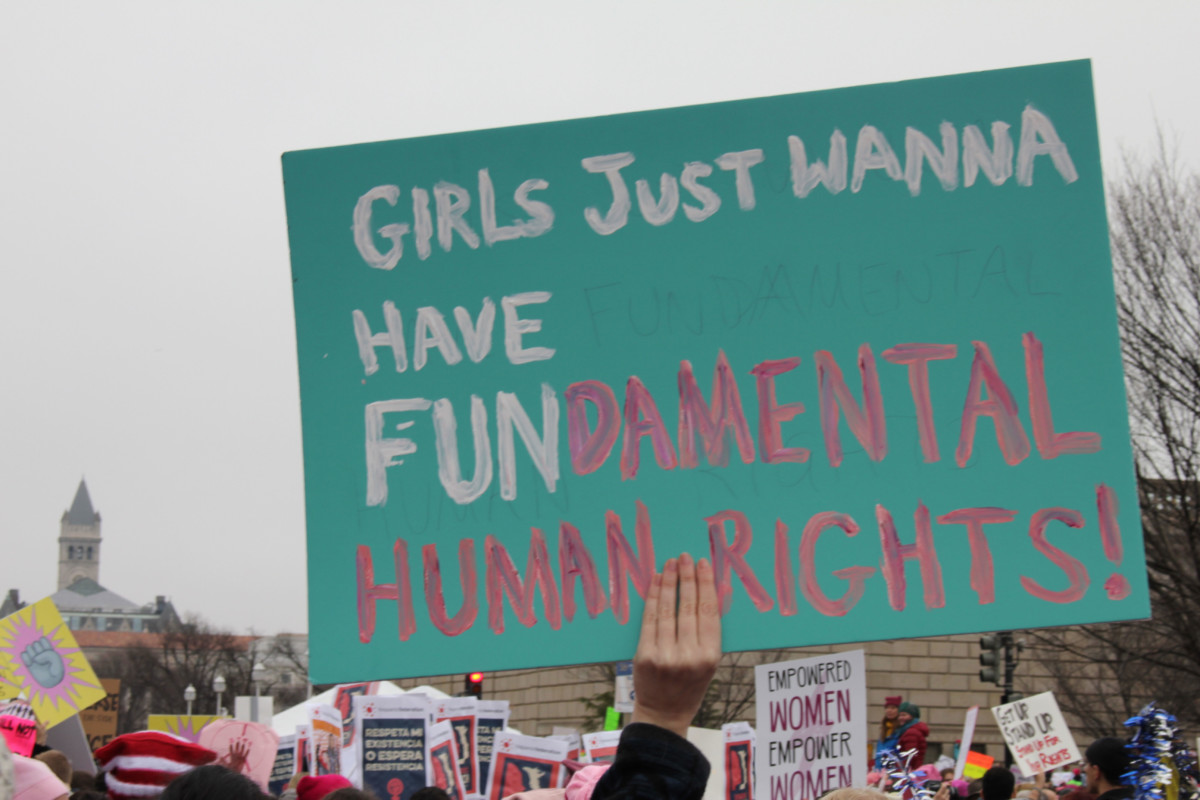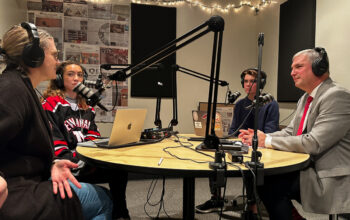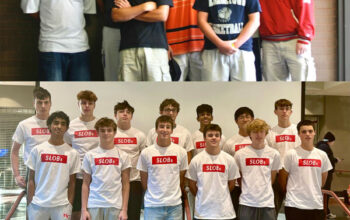Gwynne Tenney, Reporter
@gtenneycourant
On January 21st, the day after the 45th Presidential Inauguration, millions of men and women from around the world joined together on the National Mall in Washington, D.C. in something far bigger than a sidewalk protest.

Immediately after President Donald Trump was elected, the Women’s March on Washington came into fruition as an organized and widespread rally against Trump’s stance on women and human rights. People who attended stood outside the white house while chanting, holding signs, and giving speeches against what they perceived as the unjust and prejudiced views Trump has. 44 human rights advocates and celebrities, including Scarlett Johansson, Alicia Keys, and Madonna. The issues debated for included restrictions on birth control, discrimination towards immigrants, and finding strength in numbers.
According to the press release from womensmarch.com, “The Women’s March on Washington aims to send a message to all levels of government that we stand together in solidarity and we expect elected leaders to act to protect the rights of women, their families and their communities.” This theme was exhibited unapologetically throughout the entire event, lobbying for the respect of people of every gender, faith and sexuality. Keys summed up this motive in her speech: “Let us continue to honor all that is beautiful about being feminine.”

According to Reuters, the idea for the march started when a 60-year-old grandmother named Theresa Shook had the idea to protest Trump’s inauguration in the form of a peaceful march through the National Mall. Within months, hundreds of thousands of people had registered online to join in the march. Sister marches had popped up in every state in the U.S., as well as in major cities around the world, turning the event into a global movement.
One anonymous D.C. marcher speaks out about why she attended the march. “I am an openly bisexual minority woman with three sons, and I am very unhappy with what is going on in our country right now,” she said, “I feel like we have to get out here, make a difference, and make ourselves heard.”

While some marchers were more reserved in speaking their opinions publicly, others were very knowledgeable and vocal about their thoughts, including youth. 12 year-old Mary Game travelled from New Camp, Virginia with her family to D.C. “I’m here because I want to show Donald Trump that I’m not going to be voiceless if he’s going to continue to act like this,” she said. Even at a young age, Game stands up for her own rights and for the women of future generations.




